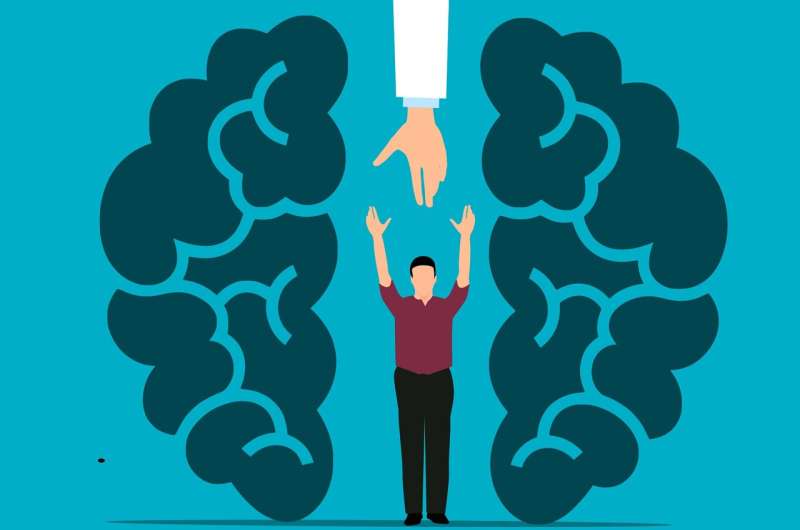Newly published research from King’s College London reveals a worrying decline in public attitudes towards mental health. The comprehensive analysis, commissioned by Mind, shows the first drop in positive perceptions in over a decade. Key issues include reduced willingness to live with or near someone with mental health problems, decreased belief in recovery, and declining support for community-based care. The findings highlight the fragility of the progress made in reducing mental health stigma and the need for renewed efforts to address this critical issue.

A Concerning Shift in Public Attitudes
The new research, published in BJPsych Open, paints a troubling picture of the state of mental health stigma in England. After years of steady improvement, the study found that public attitudes to mental health have seen a significant decline for the first time in over a decade.
The findings reveal a worrying shift across three key components: knowledge, attitudes, and behaviors. For instance, the proportion of people willing to live with someone with mental health problems has dropped from 66% in 2019 to just 55% in 2023. Similarly, the number of people willing to live nearby to someone with mental health issues has decreased from 81% to 75% over the same period. This shift is largely driven by increasing pessimism around the ability of people with mental health problems to recover, as well as a lack of knowledge on how to provide support.
Declining Faith in Community-Based Care
The research also uncovered a concerning trend in attitudes towards community-based care for individuals with mental health problems. While the past fifteen years have seen a decrease in prejudice, there is now a declining faith in the suitability and effectiveness of community-based therapies and services.
Only 72% of respondents agreed that the best therapy for many people with mental illness is to be part of a normal community, down from 79% in 2019. Moreover, the proportion of people who believe there are sufficient services for those with mental illness has dropped from 16% to just 11% over the same period. This suggests a growing perception that community-based care may not be adequate to meet the needs of those struggling with mental health challenges.
Potential Drivers of the Shift in Attitudes
The researchers behind the study are uncertain about the exact causes of this worrying trend, but they suspect that the COVID-19 pandemic and the ongoing cost-of-living crisis may be significant contributing factors.
“These events likely made it harder to access care and to recover from mental illness,” explains Professor Claire Henderson, Clinical Professor of Public Mental Health at King’s IoPPN. “It is also possible that the end of ‘Time to Change’—a national anti-stigma program—in 2021 contributed to the increases in stigma we are seeing.”
Regardless of the underlying causes, the deterioration in public attitudes towards mental health is a concerning development that will likely have real-world consequences for those struggling with mental health issues. As Dr. Sarah Hughes, Chief Executive of Mind, warns, “Worsening stigma can mean greater social isolation and exclusion, it can lead to self-stigma and shame, and it can lead to people feeling unable to seek the treatment they need.”
